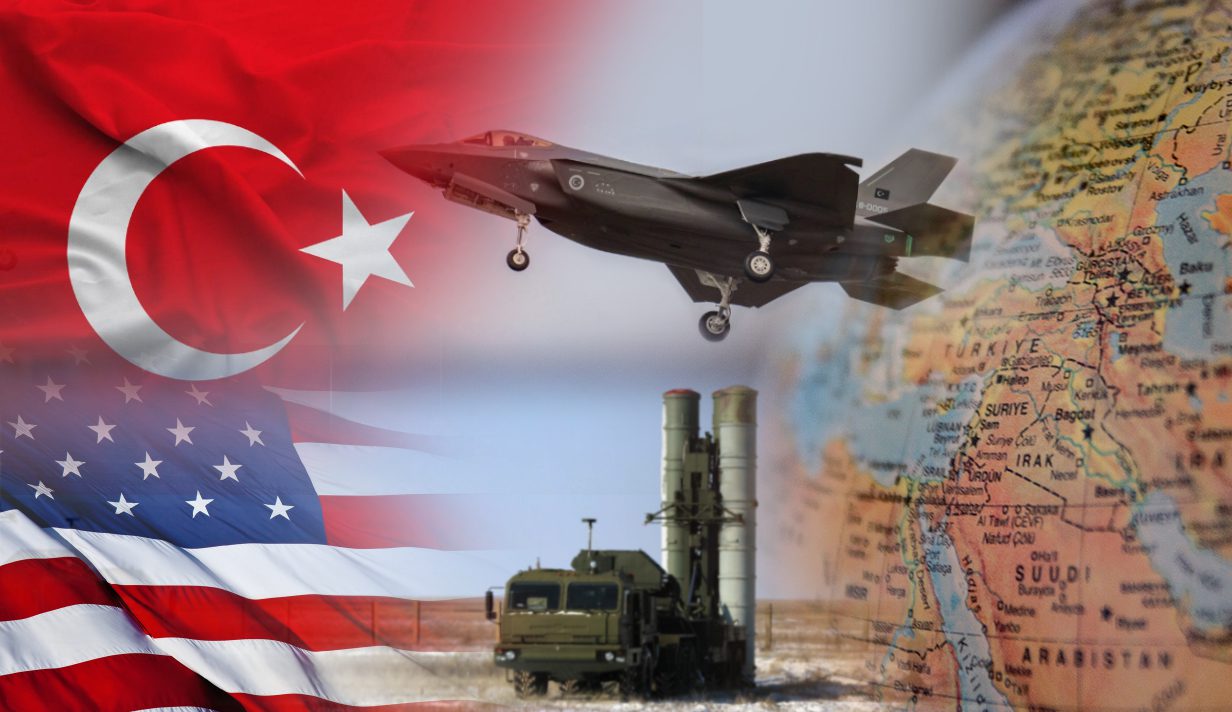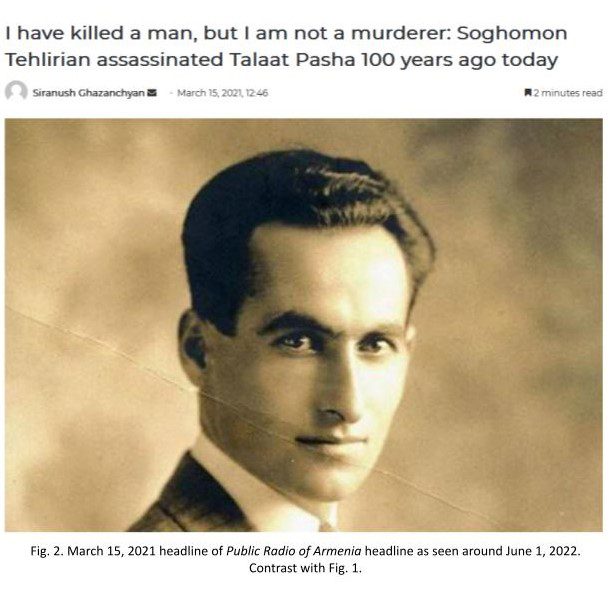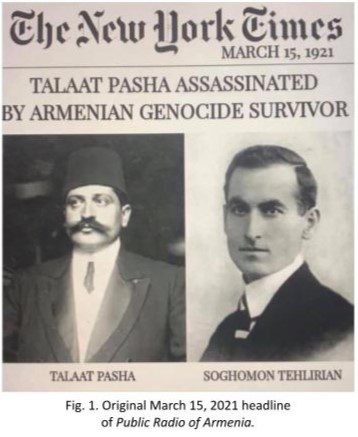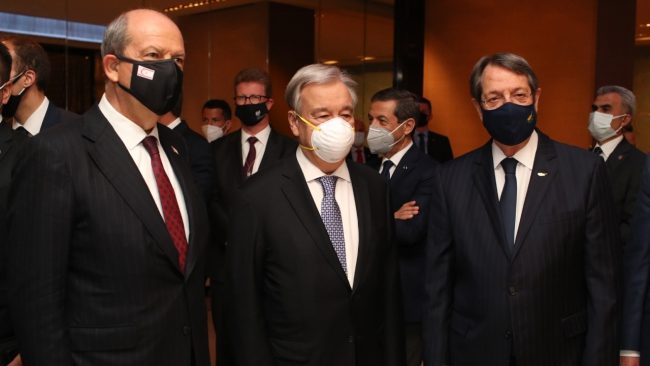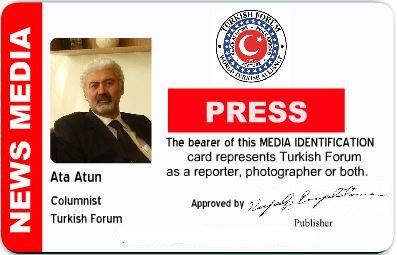US President Joe Biden remarked while attending the NATO Summit in Madrid on June 30, “We should sell them [Turkey] the F-16 jets and modernize those jets as well. It’s not in our interest not to do that.” His statement sparked American anti-Turkey organizations to take action. In a scandalous letter signed by 35 members of the US Congress, these lobbies asked President Biden “Not to sell F-16s to Turkey”. We are not surprised by those anti-Turkish actions, but it is wrong to hand over control of the floor to these masters of misinformation.
The US’s policies in the Balkans, the Sea of Islands, the Eastern Mediterranean, the Middle East, the Caspian Region, the Caucasus, and the Black Sea Region are all dependent on Turkey, indispensable ally and strategic partner of the US. Now let’s talk about whether the US administration will be influenced by these lobbies. Turkey is the main player. President Biden, as well as the Pentagon, will not allow those provocations to jeopardise US’s regional interests. For political reasons, Greece is no longer as significant to the US as it once was. The Greek lobby’s anger is actually a tear of frustration.

I believe that the fact that 37 more nations together with the United States in taking part in the EFES-2022 military exercise in the Sea of Islands shows how significant Turkey is as a regional power. Events like the demise of anti-Turkey organizations, which were once elevated to the status of American allies in the Middle East, and the subsequent loss of this position, as well as the emergence of the global food and energy crisis with the Ukraine-Russia war that marked the year 2022, seriously exposed Turkey’s regional value in terms of the establishment of regional peace and the transfer of grain and energy to neighboring countries. How strongly US regional interests are connected to Turkey may be shown by the US Department of Defense’s funding for the upgrading of Turkey’s F-16 fleet.
Despite these facts, it is inevitable that the center of gravity within the Western bloc will start to move if US President Biden cannot persuade the US Congress and the sale of new F-16s to Turkey cannot be realized. It is obvious that the US will lose a significant amount of strength in the region if it loses the Incirlik airbase and electronic listening facility, the Kürecik Air Defense system, the Sinop regional listening facilities, and notably Turkey as an ally as a result of the lobbying.
The center shift refers to the US ceding control of regional administration in NATO and Europe to other nations. This change could manifest itself, for instance, when Turkey and Britain’s military and commercial ties grow. The western bloc’s US-centric center could start to move eastward towards Europe. Most significantly, this might shatter Ankara’s long-standing trust in Washington. In other words, when the US’s relationship with Turkey, a regional power, breaks down, the country’s already waning influence in the Balkans, the Eastern Mediterranean, the Middle East, and the Caucasus will reach a breaking point.
In conclusion, the United States must now pick a side.
Is it Turkey, the country, when USA is in need, offers a spoonful of honey by saying we’re allies, man!. Or the weak, unimportant nations like Armenia, Greece, and the Greek Cypriot Administration that no longer hold any regional significance?
I am confident that, in the end, common sense will prevail and President Biden and his administration will not be swayed by these masters of misinformation who are solely supported by lobbying.
Prof. Dr. (Civ. Eng), Assoc. Prof. Dr. (Int. Rel.) Ata Atun
Dean, Cyprus Science University
Politicial Advisor to the President of the State

